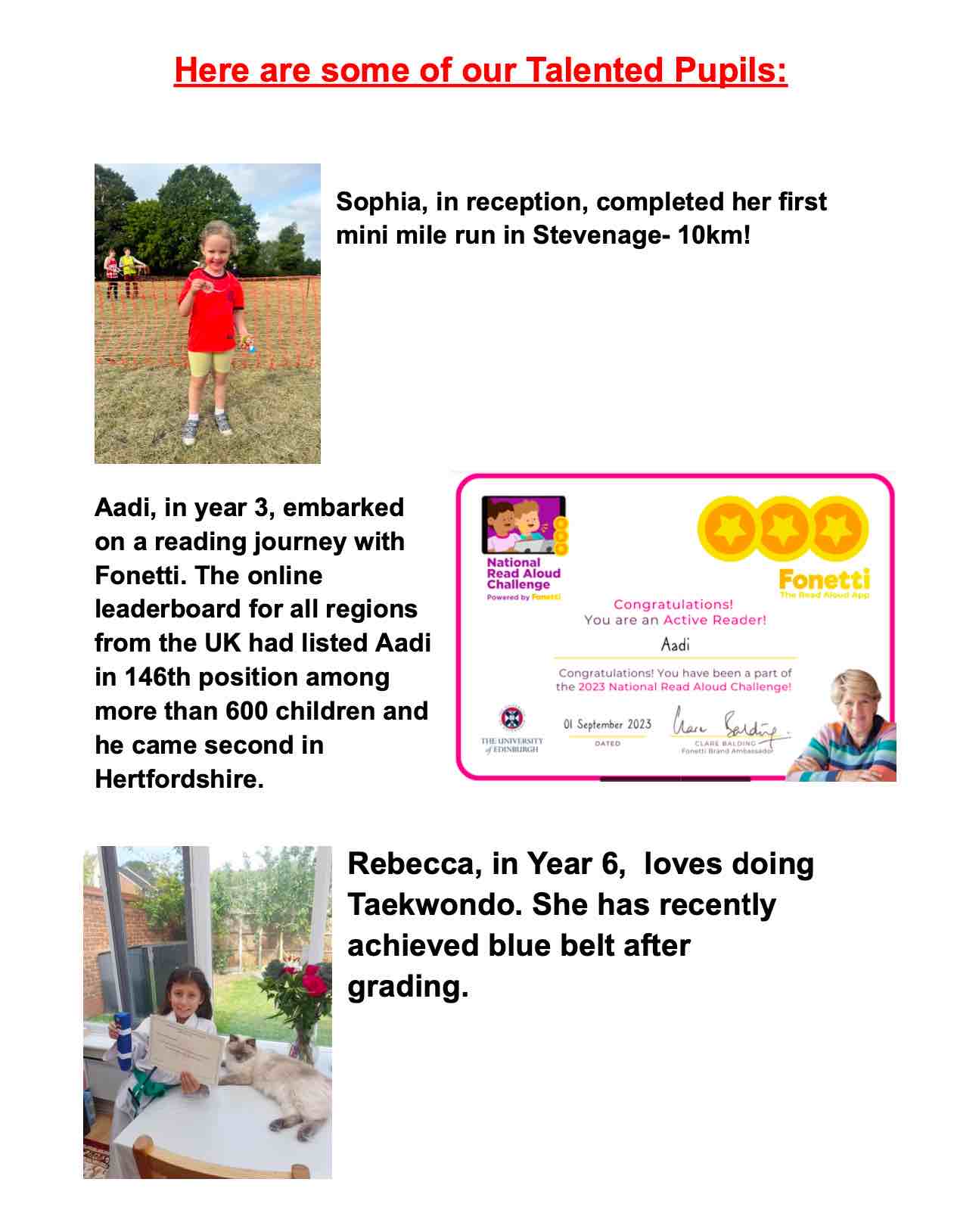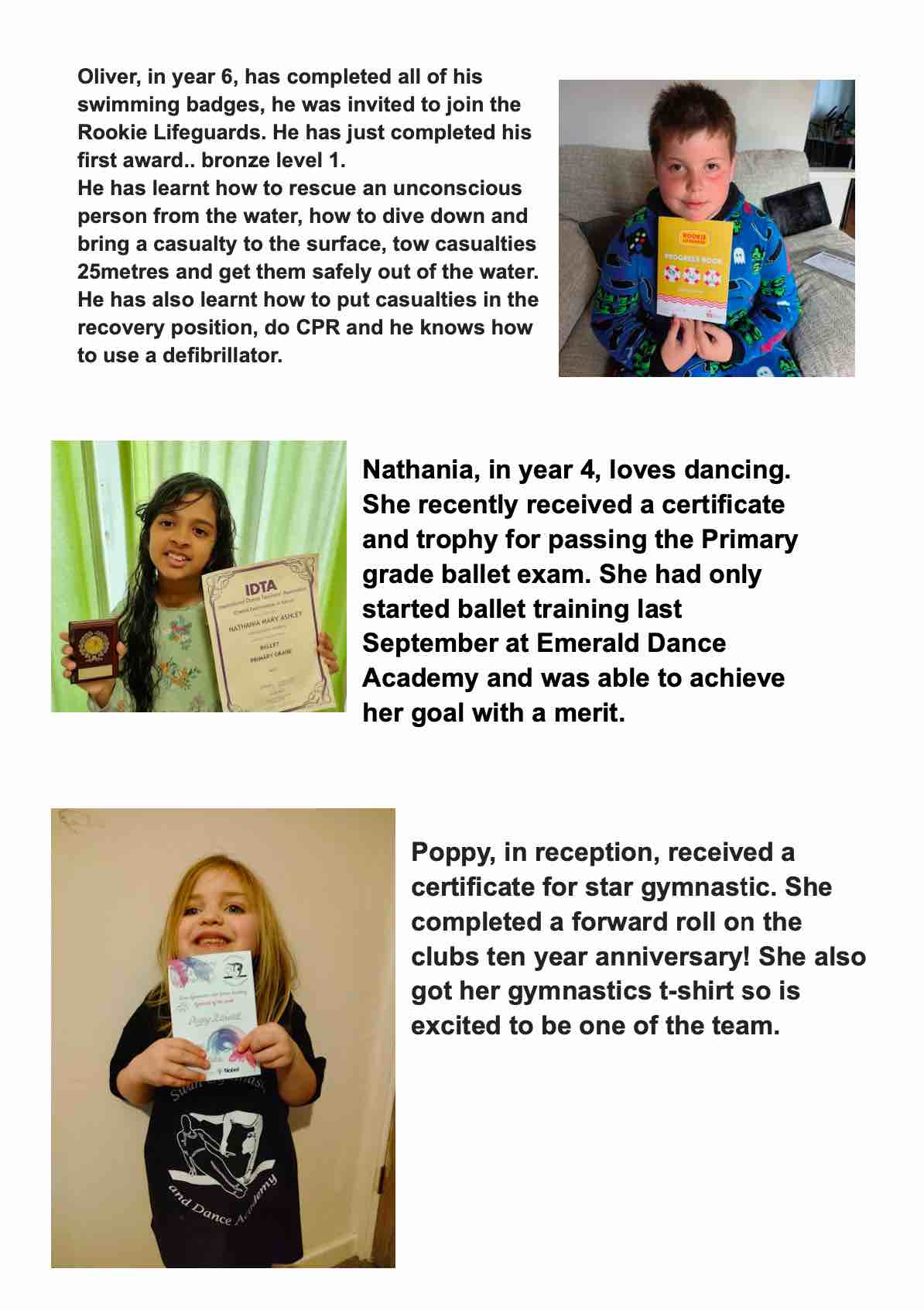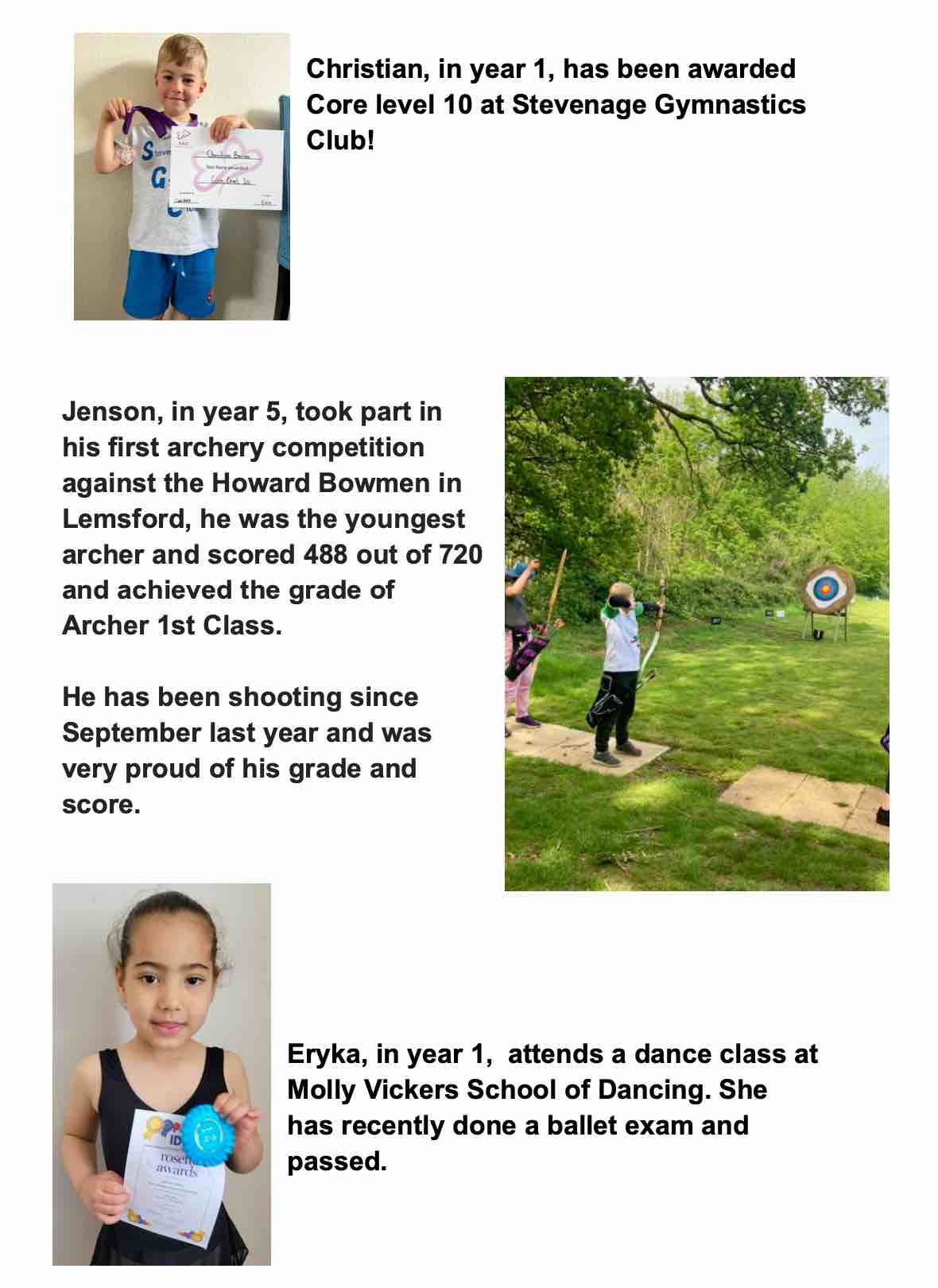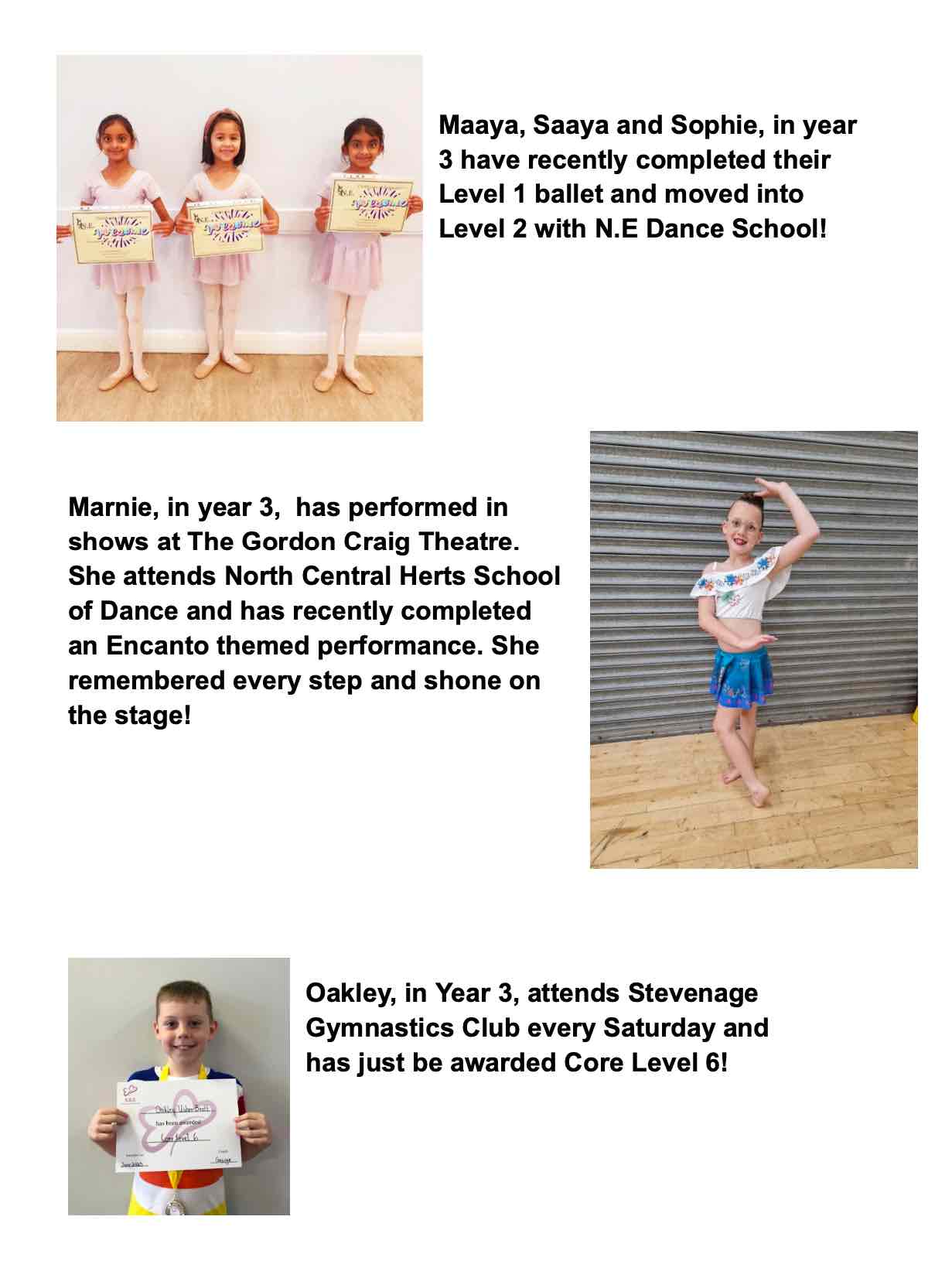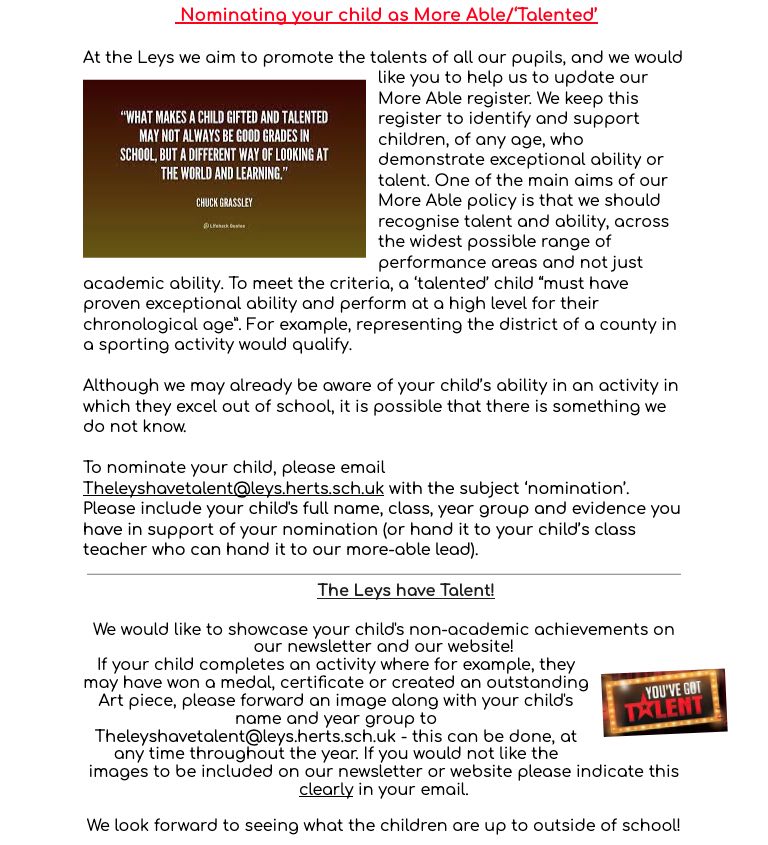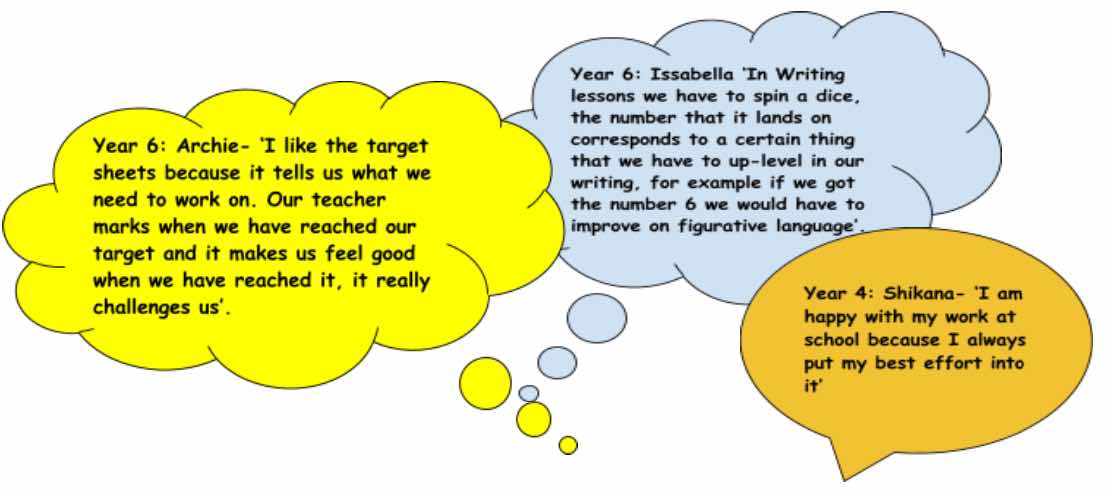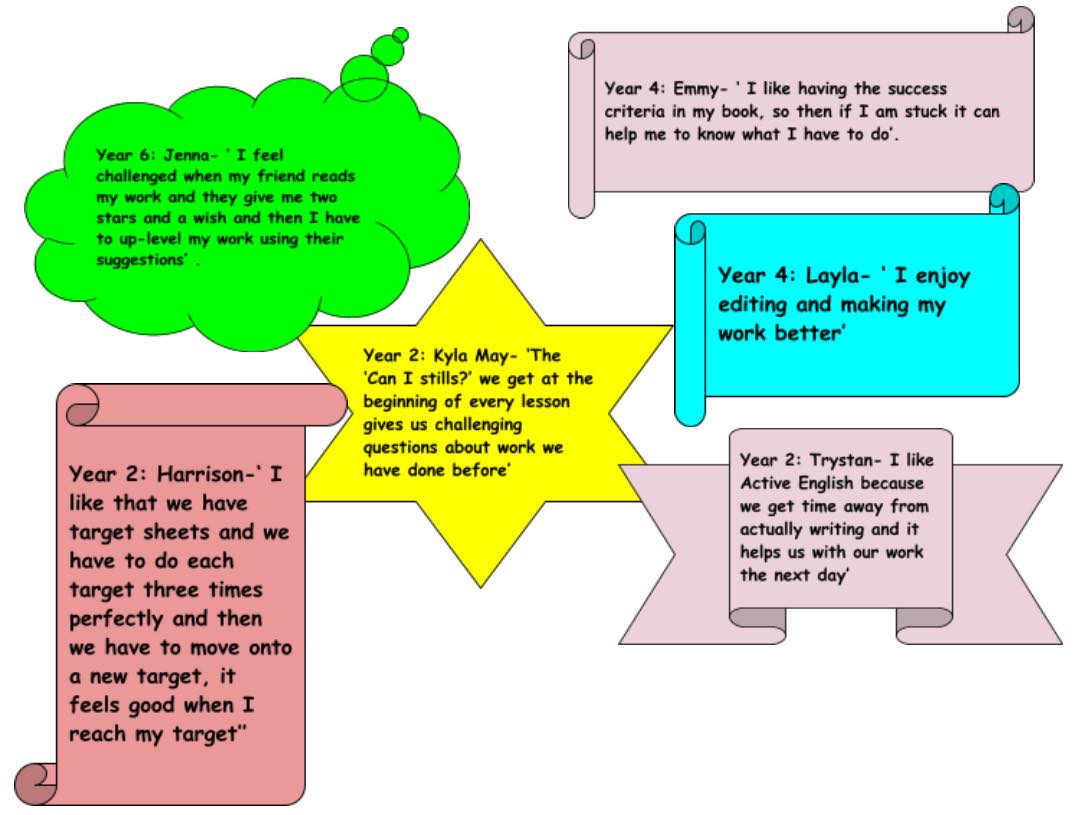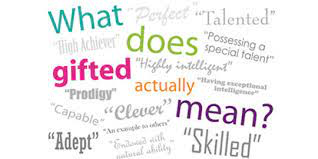
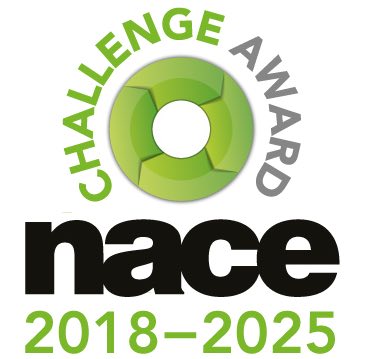



The National Association for More Able Children in Education (NACE) has reaccredited The Leys Primary and Nursery School with the NACE Challenge Award (in May 2022). The award is given in recognition of school-wide commitment to high-quality provision for more able learners, within the context of challenge for all. For more information visit our NACE page.
Here at The Leys Primary and Nursery School, we are committed to providing an inspiring, challenging and enriched curriculum for all of our children and young people. We plan our teaching and learning so that each child can reach their full potential- including provisions and challenges for our pupils who have been identified or have the ability to be more able. These pupils must be recognised, supported and stretched in order for them to reach their highest level of attainment.
The DfE and Ofsted definition of ‘More Able students’ are pupils who achieve or have the ability to achieve at a level significantly in advance of the average for their year group in their school. Nationally this is expected to be between 5-10% of each group.
At The Leys, we will be identifying our more able pupils within each year group in order to provide a curriculum that is appropriate to their needs and abilities.. We look beyond actual progress to include those who may be underachieving or whose skills and knowledge may extend beyond the school’s measures of progress and curriculum.
Our More Able Policy states how The Leys aims to raise achievement and aspiration among all students by being able to:
1. Recognise and support the abilities, personal qualities and talents of ALL pupils;
2. Promote a sense of enjoyment and excitement in learning and a culture of high expectation for all pupils;
3. Ensure that all children receive an education appropriate to their abilities;
4. Provide challenge for all, including the most able, employing a range of teaching methods which encourage pupils to take responsibility for their own learning;
5. Develop a recognition and awareness of more able pupils and their individual strengths;
6. Ensure that all teachers share responsibility for the monitoring of pupils, including the more able pupils;
7. Recognise more able under-achievement and seek to remove any barriers to learning;
8. Provide opportunities for all pupils to develop their strengths through high quality extra-curricular activities and curriculum enrichment, including specific provision for more able;
9. Consider the personal, social and emotional needs of all pupils, including those of our most able;
10. Work in partnership with parents to maximise the opportunities for pupils’ to reach their potential;
11. Celebrate the achievements of all pupils;
12. Use national standards to regularly review our provision for more able pupils.
The Policy ensures that challenge exists for those pupils who are recognised as more able/or talented. As such, the school offers a range of activities that stretch pupils, both as extension activities within the classroom and as extra-curricular activities.
How do we identify our More Able pupils?
What characteristics does a More Able child have?
How do we stretch our More Able pupils?
How do we celebrate their learning?
How do we track their progress?
To see how we support our More Able pupils through Enrichment Activities please see our Enrichment Page.
We aim to work in partnership with the parents of all our pupils. We recognise that parental input is hugely influential in children displaying a positive attitude to their learning and achieving in school.
To further support your more able child at home you may like to:
• Help your child to see that grappling with challenge is more important than any amount of easy success.
• Try not to fixate on scores as measures of success.
• Help your child to see that trying and effort are desirable- not a demonstration of struggle or failure.
• Encourage your child to take as responsibility as they can for managing their behaviour and learning and thereby offer them the opportunity to be trusted.
• Try not to accept first responses too quickly.
• Ask your child to justify their opinions as thoroughly as they can.
• Encourage them not to over-simplify their explanation.
• Try not to praise talent before effort.
• No early rescuing! Encourage thought effort and if needed, a break and then more thought.
• Read with them, and to them, even if they are good readers.
• Able children enjoy learning new words. Have a new ‘word of the week’ at home.
• Extend their general knowledge with a ‘fact of the week’.
• Encourage physical activity to develop coordination and general fitness.
• Do not always focus on your child’s obvious skills. Encourage him or her to sample new activities.
• Information and Communication Technology offers vast possibilities. Schools can advise on appropriate websites.
• All types of puzzles, crosswords, logic games, word games, card games and board games help to develop children’s thinking skills and social interaction.
• Learn a new language together.
• Give children a broad range of experiences.
• Sometimes the most effective support that a parent can provide may be to limit the number of engagements and formal activities their child is exposed to, in order to ensure that the child has the space and free time in which to play, experiment and develop hobbies and interests of his or her own.
- Questioning Techniques (pdf download)
- Support for More Able and talented children in schools (pdf download)
• The National Association for Gifted Children - www.potentialplusuk.org
• The National Association for Able Children in Education -
www.nace.co.uk
• nrich.maths.org.uk (and ASKNRICH)
• www.worldclassarena.org/
• www.pass.maths.org (plus online maths magazine)
• www.m-a.org.uk/ (The Mathematical Association)
• www.atm.org.uk/index.html (The Association of Teachers of Mathematics)
• motivate.maths.org/ (Maths video conferences for schools)
• www.funbrain.com
• www.universalteacher.org.uk
• www.s-cool.co.uk
• www.newscientist.com
• www.sciencekids.co.nz
• www.activehistory.co.uk
• www.bbc.co.uk/cbbc/shows/horrible-histories
